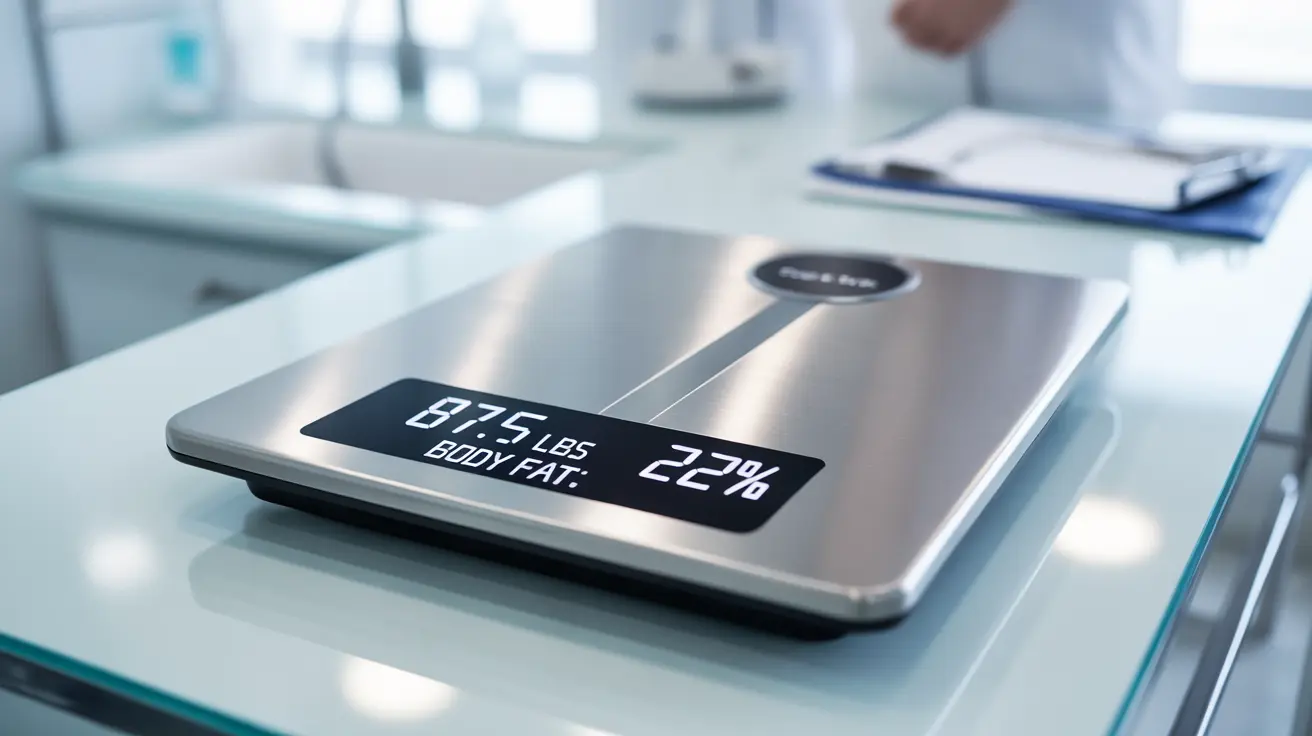Experiencing sudden diarrhea accompanied by sweating can be both uncomfortable and concerning. These symptoms often occur together and may signal various underlying conditions, from common digestive issues to more serious health concerns. Understanding the causes and knowing how to manage these symptoms is crucial for your well-being.
Common Causes of Sudden Diarrhea and Sweating
Several conditions can trigger the simultaneous occurrence of diarrhea and sweating:
Digestive System Disorders
Irritable Bowel Syndrome (IBS), inflammatory bowel disease (IBD), and food intolerances can cause both digestive distress and autonomic responses like sweating. These conditions often trigger sudden attacks that can be both uncomfortable and anxiety-inducing.
Infections
Bacterial or viral infections affecting the gastrointestinal tract frequently cause both diarrhea and sweating. Common culprits include food poisoning, stomach flu, and bacterial infections like salmonella or E. coli.
Anxiety and Stress
The gut-brain connection plays a significant role in digestive health. Stress and anxiety can trigger both sweating and digestive symptoms through the activation of the body's stress response system.
Managing Sudden Episodes
Immediate Relief Strategies
When experiencing an episode of sudden diarrhea and sweating, consider these immediate actions:
- Stay hydrated with water and electrolyte solutions
- Find a cool, comfortable environment
- Practice deep breathing exercises
- Avoid trigger foods
- Use over-the-counter anti-diarrheal medications if appropriate
Long-term Management
For ongoing prevention and management:
- Keep a symptom diary to identify triggers
- Follow a balanced, gut-friendly diet
- Manage stress through regular exercise and relaxation techniques
- Consider working with a healthcare provider for a comprehensive treatment plan
Warning Signs and Red Flags
While many cases of sudden diarrhea and sweating are manageable, certain symptoms warrant immediate medical attention:
- Severe abdominal pain
- Blood in stool
- High fever
- Severe dehydration
- Rapid weight loss
- Persistent symptoms lasting more than a few days
Prevention Strategies
Taking proactive steps can help reduce the frequency and severity of episodes:
- Practice good food safety
- Maintain regular meal times
- Stay physically active
- Develop stress management techniques
- Keep a consistent sleep schedule
- Follow proper hygiene practices
Frequently Asked Questions
What are the most common causes of sudden diarrhea and sweating?
The most common causes include gastrointestinal infections, anxiety or stress, IBS, food intolerances, and inflammatory bowel conditions. These symptoms can also occur with certain medications or as part of the body's natural response to illness.
How can I manage and treat sudden episodes of diarrhea and excessive sweating?
Focus on staying hydrated, using over-the-counter medications when appropriate, finding a cool environment, and practicing stress-reduction techniques. Long-term management may include dietary modifications, regular exercise, and working with healthcare providers to address underlying causes.
Can stress and anxiety cause both diarrhea and sweating in someone with IBS?
Yes, stress and anxiety can trigger both diarrhea and sweating in people with IBS due to the strong connection between the gut and nervous system. This relationship is known as the gut-brain axis, and managing stress is often a key part of IBS treatment.
What are the warning signs that diarrhea and sweating might be symptoms of a more serious underlying condition?
Serious warning signs include severe abdominal pain, blood in stool, high fever, significant weight loss, severe dehydration, and symptoms that persist for several days. If you experience these symptoms, seek immediate medical attention.
How can I prevent or reduce the risk of developing conditions that cause sudden diarrhea and sweating?
Prevention strategies include maintaining a healthy diet, managing stress levels, staying physically active, practicing good food safety, and maintaining proper hygiene. Regular check-ups with healthcare providers can also help identify and address potential issues early.




